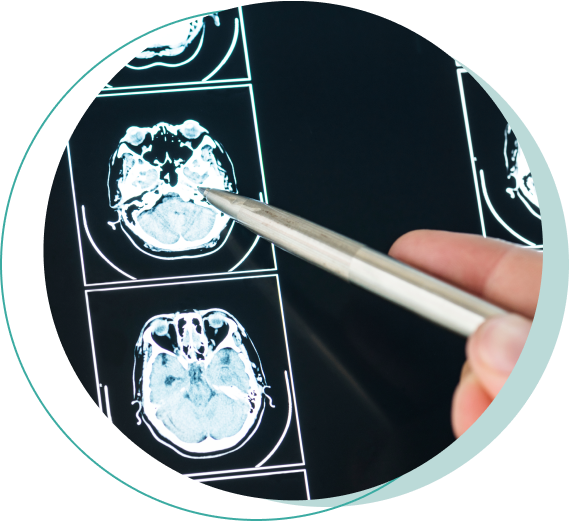
What is Neuropathy?
Neuropathy, also known as peripheral neuropathy, is a condition that affects the peripheral nervous system. The peripheral nerves are responsible for transmitting information between the brain, spinal cord, and the rest of the body. When these nerves become damaged or dysfunctional, it can lead to a range of symptoms that can limit your ability to do the things you love.
What Are The Symptoms of Neuropathy
The symptoms of neuropathy can vary depending on the nerves affected and the underlying cause. Here are some common signs and symptoms associated with neuropathy:
- Numbness and Tingling: Many people with neuropathy experience numbness, tingling, or a “pins and needles” sensation in their hands, feet, or other affected areas.
- Pain and Discomfort: Neuropathy can cause sharp, shooting pain or a constant dull ache. The pain may be localized or radiate along the affected nerves.
- Muscle Weakness: Weakness and loss of coordination in the affected area are common symptoms. This can lead to difficulty in performing daily tasks and activities.
- Sensitivity to Touch: Some individuals with neuropathy may have heightened sensitivity to touch, temperature changes, or pressure.
- Balance Issues: Neuropathy can affect the nerves responsible for balance, leading to difficulties with walking and an increased risk of falls.
- Autonomic Symptoms: In certain cases, neuropathy may also affect the autonomic nervous system, resulting in symptoms like changes in blood pressure, heart rate, and digestion.
It’s important to note that symptoms may develop gradually and worsen over time. If you experience any of these symptoms, it is crucial to seek medical attention for an accurate diagnosis and appropriate treatment.

What Are My Treatment Options for Neuropathy?
The treatment of neuropathy focuses on managing symptoms, addressing the underlying cause (if possible), and preventing further nerve damage using top of the line equipment and innovative therapies. Here are some common treatment options:
Medications:
Various medications may be prescribed to help manage neuropathy symptoms. These include pain relievers, anti-seizure medications, antidepressants, and topical treatments such as creams or patches containing lidocaine.
Therapeutic Exercise and Modalities:
Therapeutic exercises can help improve muscle strength, coordination, and balance. Additionally, techniques like transcutaneous electrical nerve stimulation (TENS) may provide relief by reducing pain signals.
Lifestyle Changes:
Making certain lifestyle modifications can have a positive impact on neuropathy. These may include quitting smoking, maintaining a healthy weight, eating a balanced diet, and avoiding excessive alcohol consumption.
Pain Management Techniques:
Complementary therapies such as acupuncture, massage, and biofeedback may be used to alleviate pain and promote relaxation.
Treating Underlying Conditions:
When neuropathy is caused by an underlying condition, treating that condition can help alleviate symptoms. For example, managing diabetes, improving structural problems, correcting vitamin deficiencies, or addressing autoimmune disorders.
It is important to consult with a healthcare professional experienced in neuropathy for an accurate diagnosis and to discuss the most appropriate treatment options for your specific case of neuropathy. They can provide personalized advice based on the underlying cause, severity of symptoms, and individual health considerations.
Frequently Asked Questions About Neuropathy?
What are the 4 types of neuropathy?
There are several different types of neuropathy, but they generally fall into one of four main categories.
- Peripheral neuropathy.
- Autonomic neuropathy.
- Focal neuropathy.
- Cranial neuropathy.
How do you stop neuropathy from progressing?
You can help to prevent progression in your condition by seeking medical care, and undergoing treatment.





